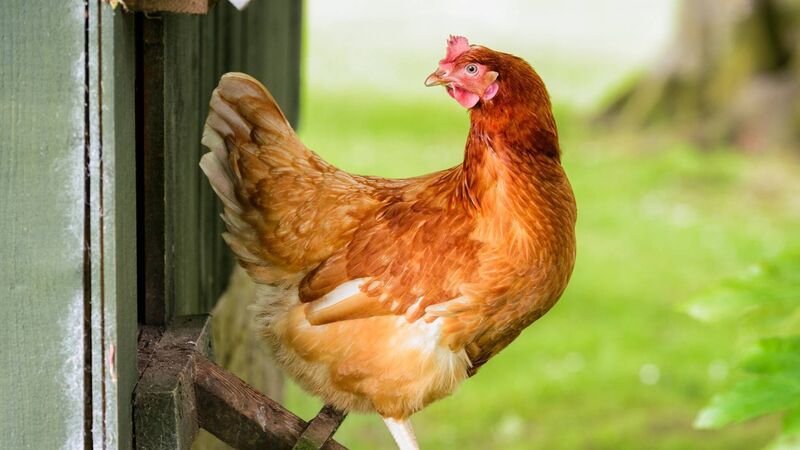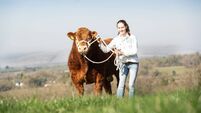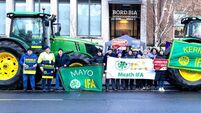ieExplains: What does a housing order for poultry mean?

Poultry owners must exercise strict biosecurity protocols and will now have to adhere to a compulsory housing order from November 10.
From Monday, November 10, all poultry and captive birds are to comply with a compulsory housing order.
Agriculture minister Martin Heydon announced the order to help prevent the spread of bird flu among poultry populations, but what does it actually mean for the Irish poultry industry?












